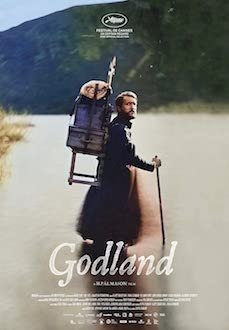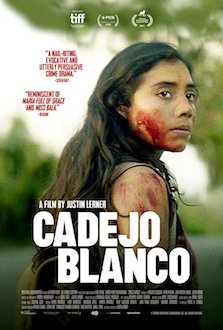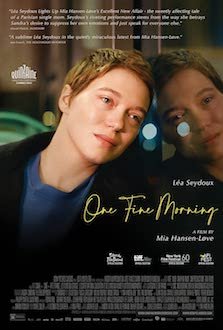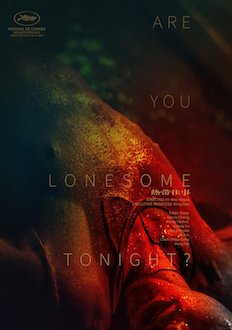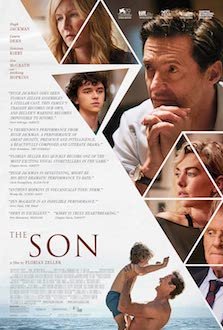Direction: Ben Affleck
Country: USA
Air marks the return of Ben Affleck as director, seven years after the disappointing Live by Night. Although he also stars here as Phil Knight, the billionaire CEO of Nike Inc., the central figure of this decent-enough sports biographical drama is played by Matt Damon. He is Sonny Vaccaro, a basketball scout and marketing executive who will trigger a unique historical shoe deal by approaching the young star Michael Jordan to sign with Nike - against his favorite Adidas. It’s the famous Air Jordan shoes we’re talking about here. The year is 1984, and the film brings plenty of nostalgia through music and some transient sequence of images.
Even so, you don’t have to be interested in basketball or Jordan, who doesn’t speak throughout the whole film, since the story is told with enough conviction and transparency to connect with people who are not into the NBA. Because more concerned with the characters and their personal goals than with the sport itself, everyone should be able to enjoy it.
The film’s main strength is precisely that it's a great story. It’s also well acted by a cast that includes Viola Davis, Jason Bateman and Chris Messina in strong supporting roles. For his part, Affleck keeps the narrative moving at a nice pace.
Narrative-wise, though, Air doesn't have an original bone in its body - the film falls into typical American standards of emotional tension - but, being entertaining and informative, it succeeds at bringing an usually forgotten part of sports history into the minds of today's audiences.





